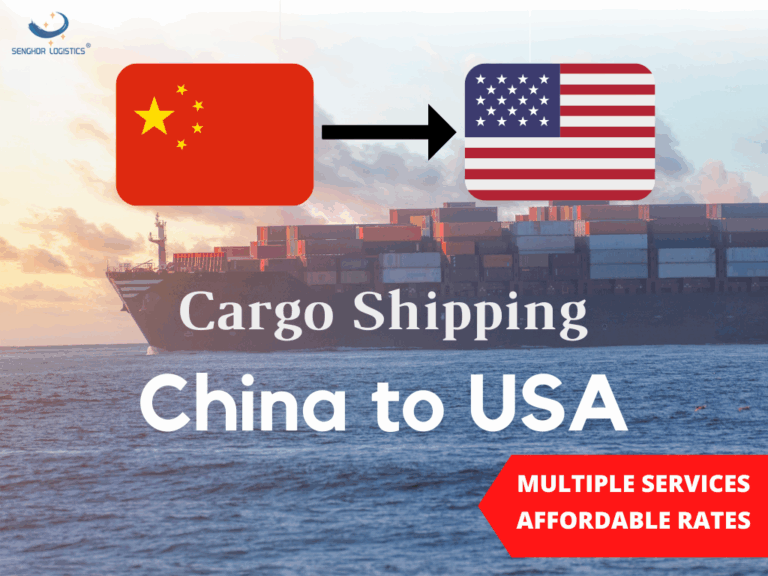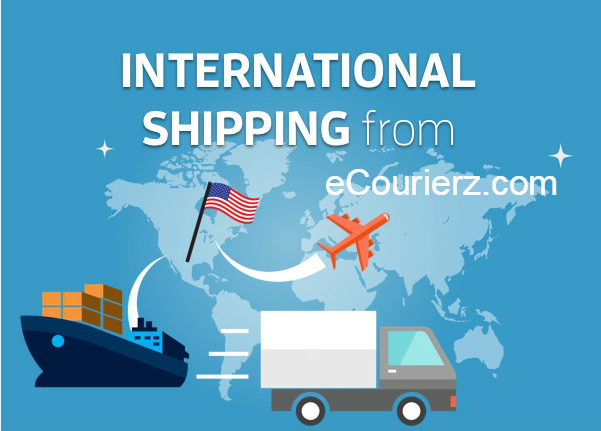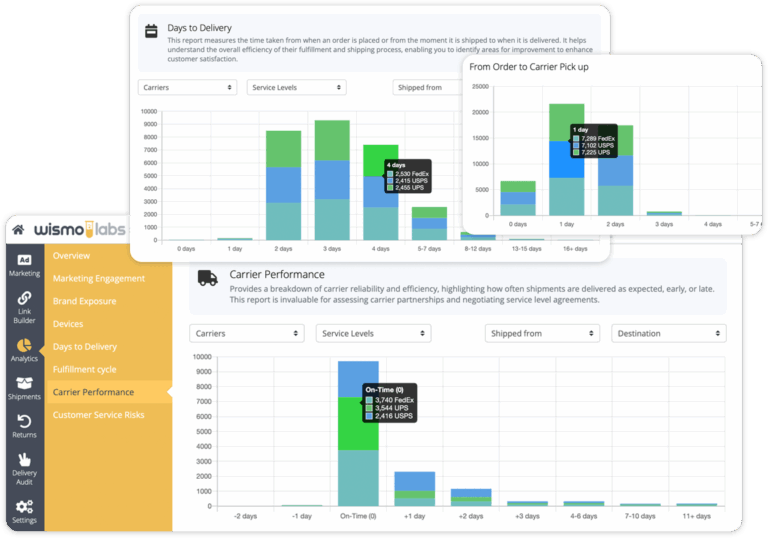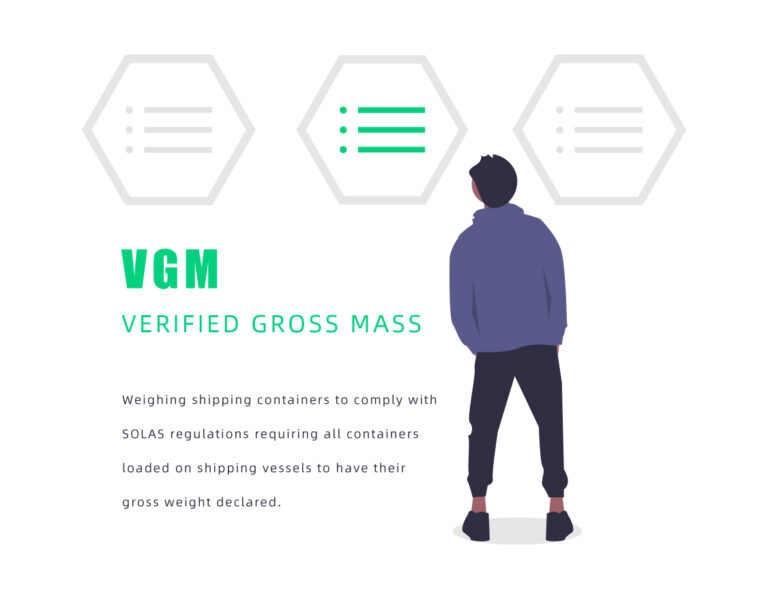Shipping to Israel: Costs, Services, and Key Considerations
Israel, with a GDP of $510 billion in 2023 and a population of 9.8 million, is a hub for imports like electronics, machinery, and consumer goods. Its key ports—Haifa, Ashdod, and Eilat—and air hub Ben Gurion International (TLV) handle significant trade, with imports reaching $92.5 billion in 2022. Users searching for “shipping to Israel” seek insights on costs, reliable providers, and navigating strict customs and security regulations, especially amid regional challenges like Red Sea disruptions. This guide explores sea, air, and domestic freight options from key origins (US, China, Europe), includes a comparison table, and offers tips for cost-effective shipping, addressing challenges like customs scrutiny, port congestion, and Houthi-related surcharges. It leverages web sources (e.g., Freightos, Easyship, trade.gov) and X posts (e.g., @AryJeay on cost increases) for accuracy.
Shipping Options to Israel
Shipping to Israel involves sea freight, air freight, and domestic freight (for intra-Israel shipments). Sea freight includes Full Container Load (FCL), Less than Container Load (LCL), and Roll-On/Roll-Off (RoRo) for vehicles or oversized cargo. Air freight covers bulk air cargo and small parcel express services. Domestic freight includes parcel and freight delivery within Israel. Below, we outline these options.
Sea Freight: Cost-Effective for Large International Shipments
Sea freight is ideal for bulk or heavy cargo, with Haifa and Ashdod handling over 3 million TEUs annually, though Eilat faces disruptions from Houthi attacks in the Red Sea, per @PortofHaifa and web reports.
Full Container Load (FCL)
FCL offers exclusive use of a 20-foot (33.2 cubic meters) or 40-foot (67.7 cubic meters) container, suitable for shipments filling at least 50–60% of a container. From the US (New York) to Ashdod, a 40-foot FCL costs $3,000–$5,000 (25–35 days), per Freightos, up from $2,000 pre-COVID due to global shortages and Red Sea rerouting (adding 10–14 days via Cape of Good Hope). From China (Shanghai), costs are $2,300–$4,000 (20–30 days), reflecting a 46–58% increase since October 2023, per Freightos. From Europe (Rotterdam), expect $2,000–$3,500 (10–20 days). Additional fees (e.g., drayage, port charges, Houthi surcharges) may add $500–$1,000, per Zim and Transco Cargo.
Less than Container Load (LCL)
LCL consolidates smaller shipments, ideal for volumes under 15 cubic meters. From the US, LCL costs $100–$200 per cubic meter (30–40 days), per Freightos. From China, expect $80–$150 per cubic meter (25–35 days). From Europe, costs are $70–$130 per cubic meter (12–22 days). LCL involves more handling, increasing damage risks, and faces delays at congested ports, per Israel Post.
Roll-On/Roll-Off (RoRo)
RoRo is used for vehicles or heavy equipment. From the US, a standard vehicle to Haifa costs $1,800–$3,500 (25–35 days), per All Transport Depot. From China, costs are $1,500–$2,800 (20–30 days). From Europe, expect $1,000–$2,000 (10–20 days). Israel’s RoRo facilities are efficient, but vehicles require strict compliance with Israeli Standards Institute (ISI), per Transco Cargo. Right-hand drive vehicles (e.g., from UK) are prohibited.
Air Freight: Speed for Urgent International Shipments
Air freight is faster but pricier, ideal for high-value or time-sensitive goods. TLV handles over $900 million in air cargo annually, though flights faced suspensions in October 2023 due to conflict, per IATA.
Bulk Air Cargo
Bulk air cargo suits larger shipments, with transit times of 3–7 days from the US, 2–5 days from China, and 1–3 days from Europe. Costs, based on actual or volumetric weight (length x width x height in cm ÷ 6000), average $4.00–$6.50/kg from the US, $3.00–$5.00/kg from China, and $2.50–$4.50/kg from Europe, per Freightos Air Index. A 150 lbs shipment from the US costs $250–$500. Security measures at TLV increase handling fees, per JIKE Logistics.
Small Parcel Express Services
Express couriers like Israel Post, FedEx, UPS, DHL, Hong Kong Post E-Express, and Cainiao Express are ideal for small parcels. From the US, FedEx International Priority costs $35–$70 for 1–5 lbs (3–5 days), per Easyship. From China, Cainiao Express offers 1 kg parcels at $40–$50 USD (288–360 RMB) for 10–25 days, estimated based on regional pricing (e.g., Puerto Rico: 267 RMB), adjusted for Israel’s logistics and customs. From Europe, DHL Express costs $30–$60 for 1–5 kg (1–3 days). Israel Post’s domestic rates (e.g., Tel Aviv–Jerusalem) are ILS 20–50 (~$5–$13 USD) for 2 kg (1–3 days).
Domestic Freight: Efficient for Intra-Israel Shipments
Domestic freight within Israel uses road or courier services, leveraging providers like Israel Post and Exelot.
Parcel Delivery
For small packages, Israel Post or Exelot are common. From Tel Aviv to Haifa (55 miles), a 2 kg parcel costs **ILS 20–50 ($5–$13 USD)** (1–3 days), per israelpost.co.il. Express options cost ILS 40–100 (~$10–$25 USD) (same-day to 1 day).
Freight Delivery
For larger shipments, road freight is used. A 1,000 kg pallet from Ashdod to Jerusalem (40 miles) costs **ILS 1,000–2,500 ($250–$625 USD)** (1–3 days), per Kef International. Air freight within Israel is rare due to small distances.
Comparison of Shipping Options
Below is a comparison table of shipping options to Israel from US, China, Europe, and domestic origins, designed for clarity and visual appeal.
| Mode | Origin | Cost (Example) | Transit Time | Suitability |
|---|---|---|---|---|
| FCL (40-foot) | US | $3,000–$5,000 (NY–Ashdod) | 25–35 days | Large shipments (e.g., machinery) |
| China | $2,300–$4,000 (Shanghai–Ashdod) | 20–30 days | Bulk goods, cost-effective | |
| Europe | $2,000–$3,500 (Rotterdam–Haifa) | 10–20 days | Industrial equipment, vehicles | |
| LCL | US | $100–$200 per cbm | 30–40 days | Smaller shipments under 15 cbm |
| China | $80–$150 per cbm | 25–35 days | E-commerce, partial loads | |
| Europe | $70–$130 per cbm | 12–22 days | Mixed cargo, smaller volumes | |
| RoRo | US | $1,800–$3,500 (vehicle) | 25–35 days | Vehicles, heavy equipment |
| China | $1,500–$2,800 (vehicle) | 20–30 days | Oversized machinery | |
| Europe | $1,000–$2,000 (vehicle) | 10–20 days | Specialty vehicles | |
| Bulk Air Cargo | US | $4.00–$6.50/kg (150 lbs: $250–$500) | 3–7 days | High-value, time-sensitive goods |
| China | $3.00–$5.00/kg | 2–5 days | Electronics, perishables | |
| Europe | $2.50–$4.50/kg | 1–3 days | Pharmaceuticals, urgent cargo | |
| Express (FedEx) | US | $35–$70 (1–5 lbs) | 3–5 days | Urgent parcels, documents |
| Express (Cainiao) | China | $40–$50 (1 kg) | 10–25 days | E-commerce, cost-effective |
| Express (DHL) | Europe | $30–$60 (1–5 kg) | 1–3 days | High-priority small shipments |
| Parcel (Israel Post) | Domestic | ILS 20–50 (~$5–$13, 2 kg) | 1–3 days | Small domestic packages |
| Freight (Road) | Domestic | ILS 1,000–2,500 (~$250–$625, 1,000 kg) | 1–3 days | Large domestic shipments |
Notes: Costs are estimates based on web data (e.g., Freightos, Easyship, Israel Post) and X posts (e.g., @AryJeay). ILS/USD at 4. Cainiao pricing adjusted from Puerto Rico data (267 RMB). Costs reflect Red Sea surcharges and rerouting, per Zim.
Selecting a Service Provider
Choosing a provider with Israel expertise is critical due to stringent customs and security requirements. Below are key players and their offerings:
- Freightos: Digital platform for FCL ($2,000–$5,000), LCL, and air freight quotes, with tracking and customs support.
- Easyship: Compares Israel Post, FedEx ($35–$70), and DHL rates for parcels, with automated customs forms.
- Israel Post: Domestic (ILS 20–50) and international parcel delivery ($35–$70 from US), with extensive network, per israelpost.co.il.
- Kef International: Sea, air, and door-to-door services ($6,000–$14,000 for family moves), with 40+ years of Israel expertise, per kefintl.com.
- Flexport: FCL, LCL, and air freight from China/US, with digital tools for customs compliance, per flexport.com.
- Transco Cargo: FCL, LCL, and RoRo from US/Europe, with experience in Israel’s import regulations.
- Cainiao Express: Cost-effective air freight from China ($40–$50, 10–25 days).
- FreightAmigo: Compares couriers (e.g., Hong Kong Post E-Express) and simplifies customs documentation.
Compare quotes via Freightos, Easyship, or Israel Post, and prioritize providers with Israel-specific expertise, like Kef or FreightAmigo, for compliance.
Customs and Regulations (International Shipments)
International shipments to Israel are managed by the Israeli Customs Service, using the CIF method (cost, insurance, freight) for duties and taxes, per trade.gov. Domestic shipments face no customs requirements.
Documentation
- Required Documents: Commercial Invoice (signed by manufacturer or agent, detailing goods, HS code, value, and shipping costs), Bill of Lading/Airway Bill, Packing List, Certificate of Origin (if applicable), and Invoice Declaration for U.S.-Israel FTA benefits (no hard copy Certificate of Origin needed since 2018). Transshipped goods require a Certificate of Non-Manipulation. Import licenses are needed for restricted goods, per trade.gov.
- Accuracy: Errors in HS codes, valuation, or documentation trigger delays, fines (up to double the tax, ~ILS 10,000), or seizure. Use a customs broker like Flexport or Kef, per Israel Post.
- Special Requirements: Hazardous goods need Dangerous Goods Declaration. Electronics, food, and pharmaceuticals require ISI, Ministry of Health, or Agriculture permits. Hebrew labeling is mandatory, per business.gov.uk.
Taxes and Duties
- Customs Duty: 0–30%, based on HS codes (e.g., 12% for electronics, 0% for FTA-compliant U.S. goods), per trade.gov.
- VAT: 17% on CIF + duty, per Easyship. Low-value goods (under ILS 75, ~$19 USD) are exempt from duty but not VAT.
- Customs Fees: ILS 500–5,000 (~$125–$1,250) for inspections, per Israel Post.
- FTA Benefits: U.S.-Israel FTA eliminates duties for compliant goods; verify Rules of Origin, per trade.gov.
- Gifts/Used Items: Taxed on CIF value, with depreciation for used goods, per israelishortcut.org.
Restricted/Prohibited Items
- Prohibited: Narcotics, weapons, counterfeit goods, used beekeeping equipment, gambling machines, per Parcel Monkey.
- Restricted: Electronics (ISI certification), food, plants, medications (Ministry of Health permits), cordless phones, vehicles (Ministry of Transportation approval), per FreightAmigo.
- Check Updates: Regulations are strict and change frequently; verify via customs.gov.il or a broker like JIKE Logistics.
Clearance Time
Typically 2–7 days for air freight, 7–14 days for sea freight, per Flexport. Inspections for restricted goods or security concerns (20% of shipments, per Nefesh B’Nefesh) can extend delays, per @IsraelPost.
Key Considerations and Challenges
Israel’s reliance on seaborne trade and strict regulations pose challenges, exacerbated by regional conflicts, per @AryJeay and Reuters.
Logistics Challenges
- Red Sea Disruptions: Houthi attacks since October 2023 force rerouting via Cape of Good Hope, adding 7,000 miles, 10–14 days, and surcharges ($500–$1,000), per Zim and Freightos. Eilat port is nearly blockaded, per ICLG.
- Port Congestion: Haifa and Ashdod face delays (2–7 days) during peak seasons (Q3–Q4) or conflict escalations, per @PortofHaifa. Book 4–6 weeks early, per Kef International.
- Security Scrutiny: TLV and ports enforce rigorous checks, increasing clearance times (1–14 days) for electronics or restricted goods, per JIKE Logistics.
- Package Security: Untracked parcels risk theft or loss at Israel Post; use tracked services like FedEx/UPS or insure via Easyship, per giftbasketsoverseas.com.
Seasonal and Economic Factors
- Peak Seasons: Jewish holidays (e.g., Rosh Hashanah, Passover) and summer (June–August) increase rates and delays. Book early, per Nefesh B’Nefesh.
- Conflict Impact: Since October 2023, air freight suspensions (e.g., FedEx, UPS) and sea freight surcharges have raised costs, per FORWARDER magazine.
- Infrastructure: Israel’s ports and TLV are modern, but land freight faces delays due to road damage or fuel shortages during conflicts, per IATA.
Cost-Saving Tips
- Consolidation: Use LCL or parcel consolidation via Israel Post or ParcelPath (up to 89% savings) for smaller shipments.
- Compare Quotes: Platforms like Freightos, Easyship, or Parcel Monkey offer competitive rates.
- FTA Compliance: Leverage U.S.-Israel FTA for zero duties, per trade.gov.
- Customs Compliance: Pre-approve restricted goods and use a broker like FreightAmigo to avoid fines, per customs.gov.il.
Conclusion
Shipping to Israel requires navigating strict customs, security regulations, and regional disruptions. International sea freight (FCL: $2,000–$5,000, LCL: $70–$200/cbm, RoRo: $1,000–$3,500) and air freight (express: $30–$70, bulk: $2.50–$6.50/kg) suit global shipments, while domestic freight (parcels: $5–$13, freight: $250–$625) is efficient within Israel. Providers like Freightos, Israel Post, and Cainiao Express ($40–$50, 10–25 days from China) offer tailored solutions. By comparing rates, ensuring compliance, and planning for Red Sea disruptions, you can achieve efficient, cost-effective shipping to Israel.
For quotes, contact Freightos (freightos.com), Easyship (easyship.com), or Israel Post (israelpost.co.il). Plan today for a seamless shipping experience.



